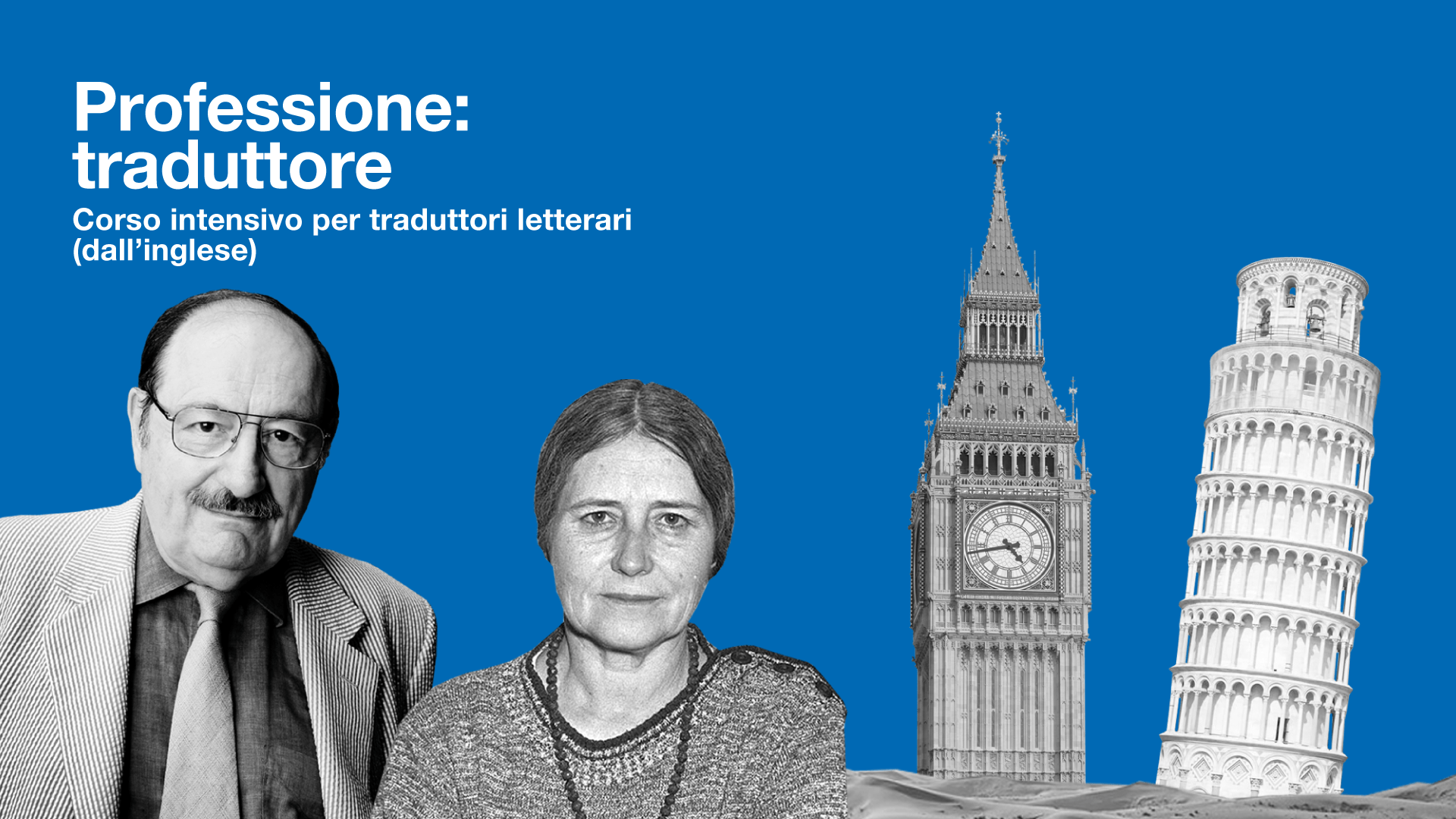È stata raggiunta la soglia delle candidature valutabili per la borsa di studio.
Il risultato della selezione verrà comunicato a tutti i partecipanti entro il 5 luglio
Belleville assegna una borsa di studio per il corso Professione: traduttore (dall’inglese) in programma dal 30 settembre 2024.
Per candidarsi alla borsa di studio occorre inviare, entro le ore 21.00 del 27 giugno, la traduzione del seguente estratto da Oh God, The Sun Goes di David Connor:
I T’ S A S S I M P L E as it goes, the sun is missing. It’s missing. It’s missing. Been gone a month last someone’s seen it.
There’s a spot in the sky where it should be, a hollowed out circle that’s sort of grey, like the absence of light—not darkness, different sort of absence—in a way, it’s brighter than if the sun were there, more blinding even. Blinding grey absence in the sky.
Hard to see anything now, is what I’m saying, but still people are making do best they can. People are still moving along with their lives, going to work, going to school, cutting their nails, doing the laundry. It’s only been a month.
Take Tom and Pete for instance. The two of them are sitting at a diner eating eggs. That’s what they do each morning, same routine. I know this because I’ve been going to the diner each morning too, ever since the sun went missing, I’ve been eating eggs.
Usually I sit alone at a booth and watch Tom and Pete at the counter, talking about cars and roads and going. They say things about gasoline, about a woman they both know—I watch them as their yolks run down their plates.
Tempe, Arizona. Tempe. Tempe. That’s where I moved when the sun went missing, about a month ago—moved because I thought maybe I’d find the sun in Tempe, or I’d find someone who could point me in the right direction. For some reason I thought Tempe when the sun went missing.
If the sun were underwater, I’d get a worm and fish it out.
If the sun went in a cave, I’d grab a flashlight and go searching. If the sun went to bed, somehow tucked itself under the covers and went to sleep, I’d find my way into its dream and say wake up, wake up. But none of these seem to be the case— for some reason, I thought Tempe, so I moved to Arizona.
I’m staring down at two eggs now, two eggs on my plate staring back up. There’s a way that eggs stare that’s more like looking, looking not staring, like the difference between see- ing and eying. My eggs can’t see me, is what I’m saying, of course they can’t—they’re eggs, I’m joking, okay okay, the waitress comes over and refills my glass.
Today, I’ve got a meeting with a Dr. H.A. Higley. I read an article about Dr. Higley in the newspaper that said he knew where the sun was, or at least that he’d been studying its movement for the past forty years. I found his number in a phone book and gave him a call because I figured he might know where to point me.
In the corner of the diner, Tom and Pete are still digging into their eggs. One of them makes a joke and the other slaps his knee like a cartoon stooge. In the other corner, there’s a jukebox and Tom goes over to play a song on it. He shouts something to Pete and slips in a coin.
Wonder this time where she’s gone . . .
“Jesus Christ,” shouts Pete, putting down his fork. The eggs on his plate start running, and Tom comes over with a big smile like a kid who’s made a stupid joke.
Wonder if she’s gone to stay . . .
“Come on,” says Tom, reaching for Pete’s hands. Pete pulls away and Tom laughs a little. “Pete, give me your hands,” he says.
Ain’t no sunshine when she’s gone . . .
And this house just ain’t no home . . .
Anytime she goes away . . .
“Withers?” says Pete.
“Why not?” says Tom. “It’s a good song.”
Il candidato/a a cui verrà assegnata la borsa di studio sarà contattato/a entro il 5 luglio.
> Verranno prese in considerazione le prime 50 prove di traduzione.


